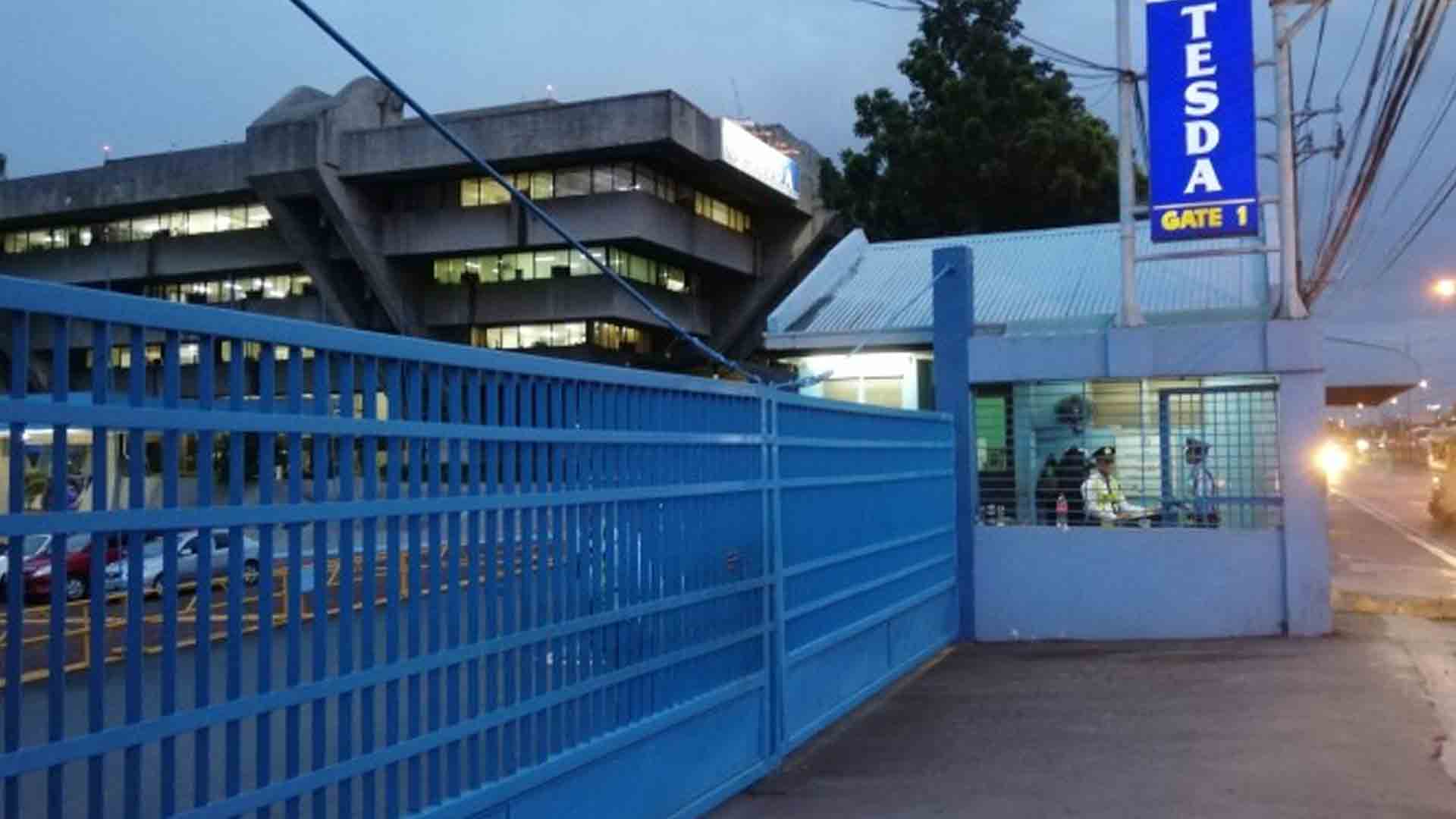The Technical Education and Skills Development Authority (TESDA) and the Department of Labor and Employment (DOLE) signed on Friday the implementing rules and regulations (IRR) of Republic Act 12063 or the Enterprise-Based Education and Training (EBET) Framework Act.
The IRR, signed at TESDA central office in Taguig City, seeks to strengthen the country’s workforce through enhanced skills training, improved employability while bridging the gap between education and industry.
“The EBET Framework Act is a landmark, transformative law that allows us to keep pace with the evolving job market here and abroad,” TESDA Director General Jose Francisco Benitez said.
“This IRR, crafted by TESDA and stakeholders in a judicious process, carves the path for Filipino workers to upskill and reskill towards gainful careers,” he continued.
Benitez, who co-authored the bill while in Congress, also underscored the importance of synchronizing training with market demand.
“This law exemplifies our dedication to synchronizing educational training with real-world industry requirements, setting the stage for TESDA to offer training to trabaho (job) — or relevant, high-quality training that directly translates to job opportunities,” Benitez said.
Signed into law by President Ferdinand R. Marcos Jr. in November 2024, the measure is designed to expand enterprise-based training opportunities, encourage industry participation in curriculum development and theoretical instruction, and enhance on-the-job training or programs.
According to TESDA, the employment rate of EBET graduates was 85.48 percent.
The agency added that it will closely collaborate with various industry partners now that the IRR was signed.
Several industry partners have expressed support during the IRR signing.
Maclin Electronics, Inc. human resources manager Rafaela Cabrera, for instance, noted that the EBET program was tailored-fit to the industry needs.
A graduate of EBET program, Dario Tolentino shared that they were exposed to actual work and were treated as part of the workers rather than trainees.
Tolentino is now a senior manager of a manufacturing firm.
Swift Action
The Second Congressional Commission on Education (EDCOM 2) commended TESDA for the swift completion and signing of the law’s IRR.
Lawmakers and education leaders hailed the measure as a game-changer in addressing the country’s persistent jobs-skills mismatch, particularly in adapting to advancements in artificial intelligence (AI) and emerging technologies.
Senator Joel Villanueva, principal author and sponsor of the law, expressed optimism about the law’s impact on closing the widening skills gap.
“As we roll out the EBET in workplaces, our concrete bridging approach to evolve the skills set of our workers as industries shift to AI and use of new technologies, we expect to close the gap in the widening jobs-skills mismatch,” Villanueva said.
Rep. Mark Go, Chairperson of the House Committee on Higher and Technical Education and Co-Chairperson of EDCOM 2, emphasized the law’s economic benefits.
“This law creates a crucial linkage between training initiatives and industry needs, not just enriching skill sets but also propelling our economic sectors forward, promoting widespread growth and development,” Go said.
The shift toward enterprise-based education and training has been a top priority of EDCOM 2 since 2023, following recommendations from the first EDCOM.
Studies indicate that graduates of enterprise-based training have superior labor market outcomes, with an employment rate of 85.48 percent.
However, uptake has remained low, with only 9 percent of technical-vocational education and training (TVET) enrollees participating in enterprise-based programs due to challenges in implementation.
Recognizing this gap, Senators Villanueva and Sherwin Gatchalian, along with Representatives Go, Roman Romulo, and Jude Acidre, filed Senate Bill No. 2587 and House Bill No. 7400, leading to the law’s passage on Nov. 7, 2024. (PNA)






